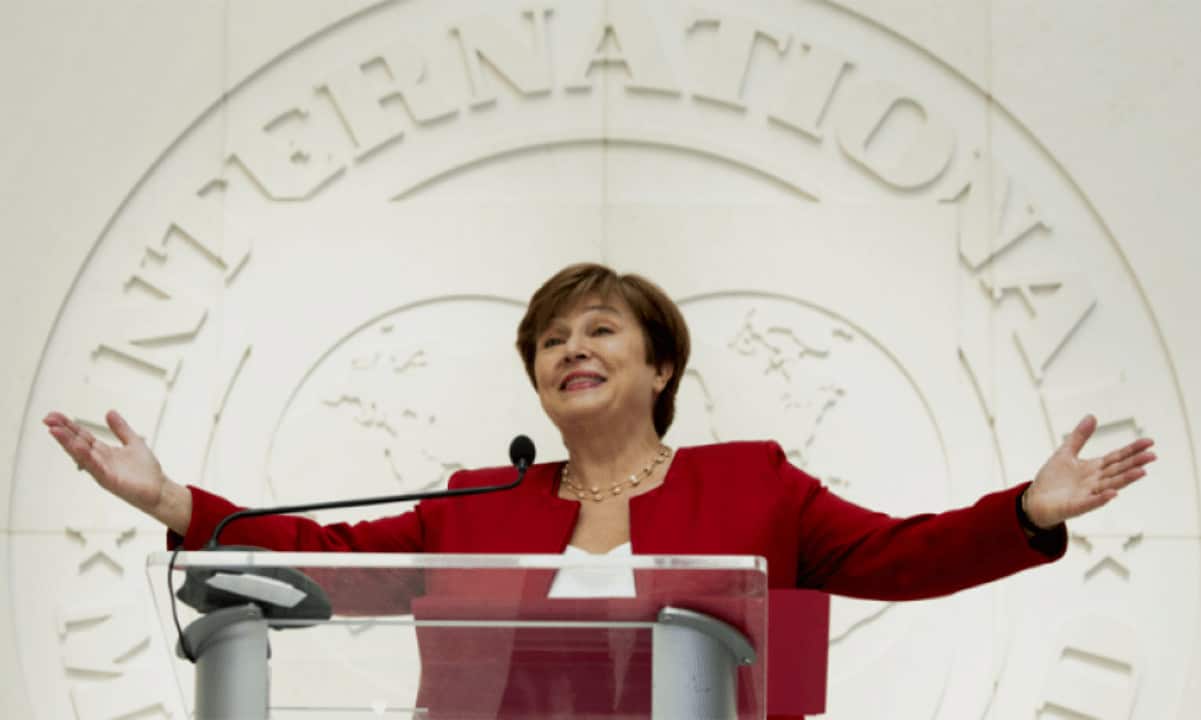
Central bank digital currencies have become among the most popular topics of discussion among governing monetary bodies as they are trying to find a way to reduce the impact of private cryptocurrencies. However, IMF’s Managing Director believes that each country has to follow its own route as one type of a CBDC will not work in every nation.
Not a Single Solution
Reports emerge daily of new central banks that are hoping on the CBDC trend, trying to capitalize on the digitalization of money. Cited by Reuters, a research conducted by the International Monetary Fund estimated that approximately 100 such organizations are currently working on launching their own version of digital fiat currency.
The institution has looked into several such countries, including China, Sweden, and the Bahamas – all of which have reported highly advanced products that are close to seeing the light of day.
Yet, given the different ways all of these countries are ruled, IMF’s Managing Director – Kristalina Georgieva – suggested that these early experiences have provided various lessons.
For instance, she believes that a “prudently” designed CBDC can provide more resilience for the local financial network while also reducing transaction costs.
ADVERTISEMENT
Georgieva also claimed that such a digital product will be “safer” than cryptocurrencies, which are “unbacked” and “inherently volatile.” However, she failed to mention that CBDCs will also be highly centralized since they will be operated by the central banks, unlike bitcoin and other crypto assets that have no central point of authority.
Ultimately, though, Georgieva asserted that “no one size fits all” when it comes down to a CBDC.
“These are still early days for CBDCs, and we don’t quite know how far and how fast they will go.” – she concluded.
CBDCs Across the World
Aside from the aforementioned countries, other nations that have made significant development in launching such products include South Korea, India, Malaysia, and others.
And while the US Federal Reserve still explores the pros and cons of a CBDC, India’s Prime Minister believes the digital version of the country’s fiat currency will strengthen its economy.
Separately, Russia’s second-richest man recently asserted that a CBDC could replace bitcoin. He joined Georgieva in highlighting BTC’s volatility as a potential hurdle.
Featured Image Courtesy of BNR
Binance Free $100 (Exclusive): Use this link to register and receive $100 free and 10% off fees on Binance Futures first month (terms).
PrimeXBT Special Offer: Use this link to register & enter POTATO50 code to receive up to $7,000 on your deposits.
The post appeared first on CryptoPotato






